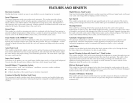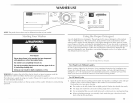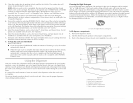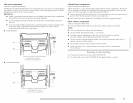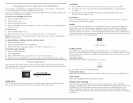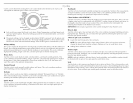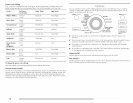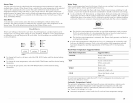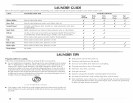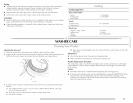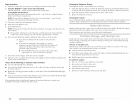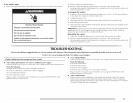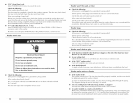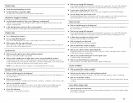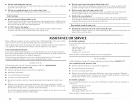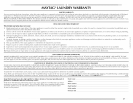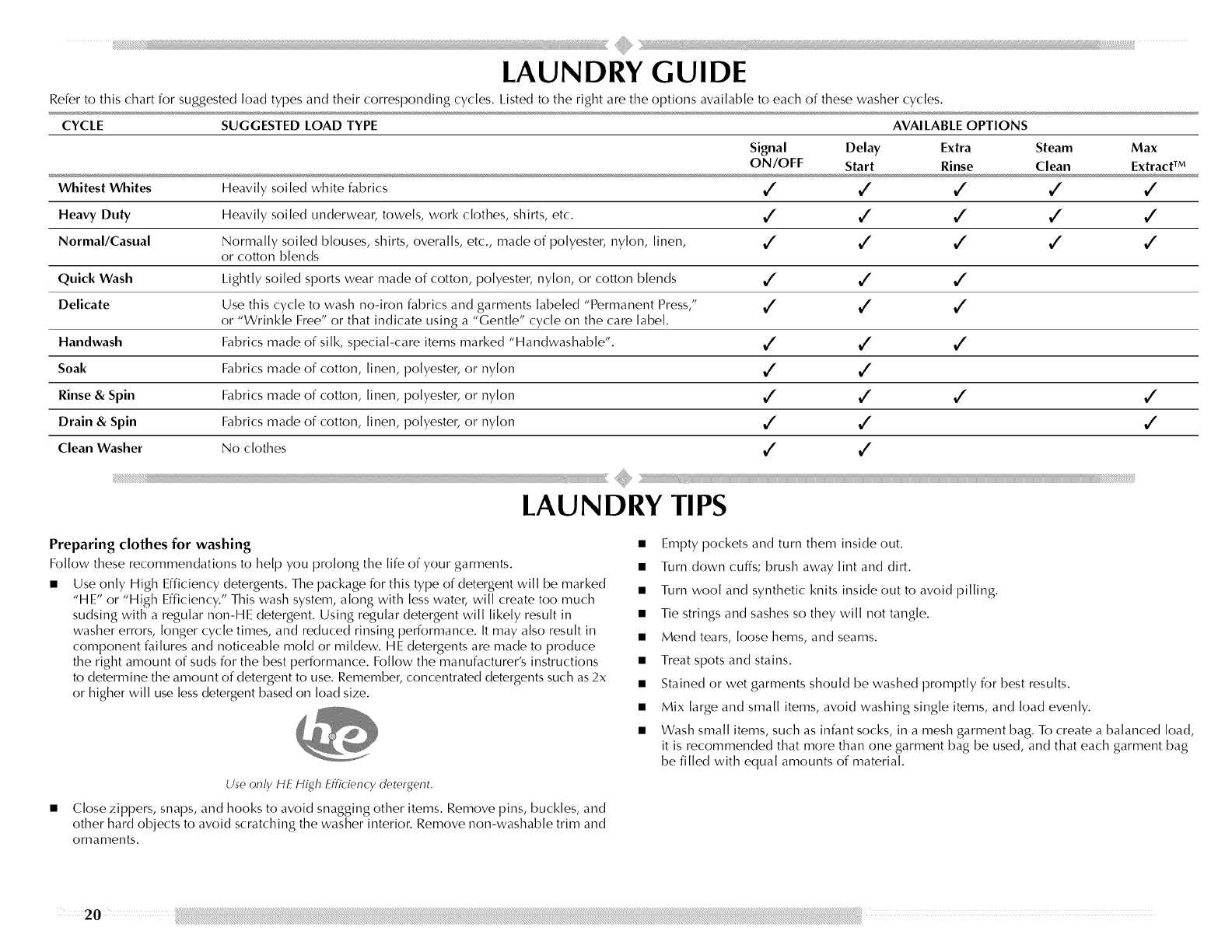
Refertothischartforsuggestedloadtypesandtheircorrespondingcycles.Listedtotherightaretheoptionsavailabletoeachofthesewashercycles.
CYCLE SUGGESTED LOAD TYPE AVAILABLE OPTIONS
Signal Delay Extra Steam Max
ON/OFF Start Rinse Clean Extract TM
Whitest Whites Heavily soiled white fabrics _/ _/ _/ _/ _/
Heavy Duty Heavily soiled underwear, towels, work clothes, shirts, etc. _/ _/ _/ _/ _/
Normal/Casual Normally soiled blouses, shirts, overalls, etc., made of polyester, nylon, linen, _/ _/ _/ _/ _/
or cotton blends
Quick Wash I.ight[y soiled sports wear made of cotton, polyester, nylon, or cotton blends _/ _/ _/
Delicate Use this cycle to wash no-iron fabrics and garments labeled "Permanent Press," _/ _/ _/
or "Wrinkle Free" or that indicate using a "Gentle" cycle on the care [abe[.
Handwash Fabrics made of silk, special-care items marked "Handwashab[e". _/ _/ _/
Soak Fabrics made of cotton, linen, polyester, or nylon _/ _/
Rinse & Spin Fabrics made of cotton, linen, polyester, or nylon _/ _/ _/ _/
Drain & Spin Fabrics made of cotton, linen, polyester, or nylon J J J
Clean Washer No clothes _
iiiiiii[[[[iiiiiiiiiiiiiiiiiiiiiiiiiiiiiiiiiiiiiiiiiiiiiiii__i!i[ii!i_iii][iii_
LAUNDRY TIPS
Preparing clothes for washing
Follow these recommendations to help you prolong the life of your garments.
• Use only High Efficiency detergents. The package for this type of detergent will be marked
"HE" or "High Efficiency." This wash system, along with less water, will create too much
sudsing with a regular non-HE detergent. Using regular detergent will likely result in
washer errors, longer cycle times, and reduced rinsing performance. It may also result in
component failures and noticeable mold or mildew. HE detergents are made to produce
the right amount of suds for the best performance. Follow the manufacturer's instructions
to determine the amount of detergent to use. Remember, concentrated detergents such as2x
or higher will use less detergent based on load size.
Use only HE High Efficiency detergent.
Close zippers, snaps, and hooks to avoid snagging other items. Remove pins, buckles, and
other hard objects to avoid scratching the washer interior. Remove non-washable trim and
ornaments.
• Empty pockets and turn them inside out.
• Turn down cuffs; brush away lint and dirt.
• Turn woo[ and synthetic knits inside out to avoid pilling.
• Tie strings and sashes so they will not tangle.
• Mend tears, loose hems, and seams.
• Treat spots and stains.
• Stained or wet garments should be washed promptly for best results.
• Mix large and small items, avoid washing single items, and load evenly.
• Wash small items, such as infant socks, in a mesh garment bag. To create a balanced load,
it is recommended that more than one garment bag be used, and that each garment bag
be filled with equal amounts of material
20



